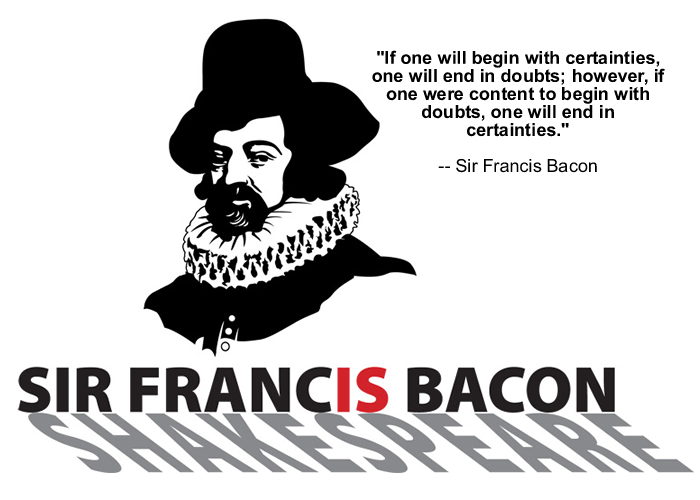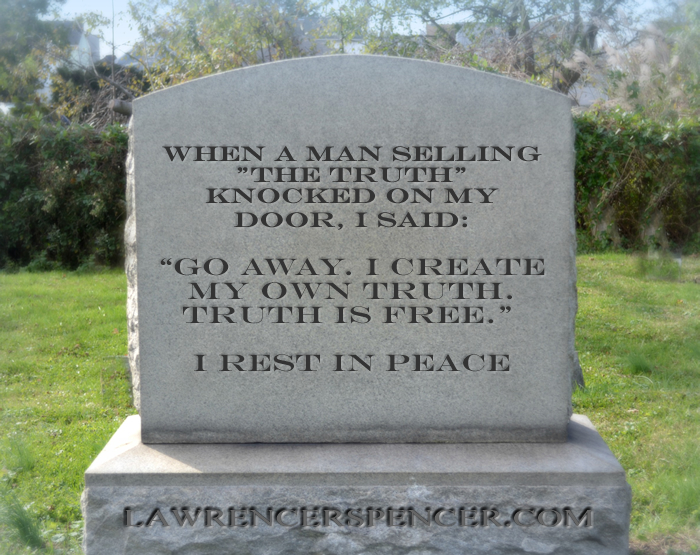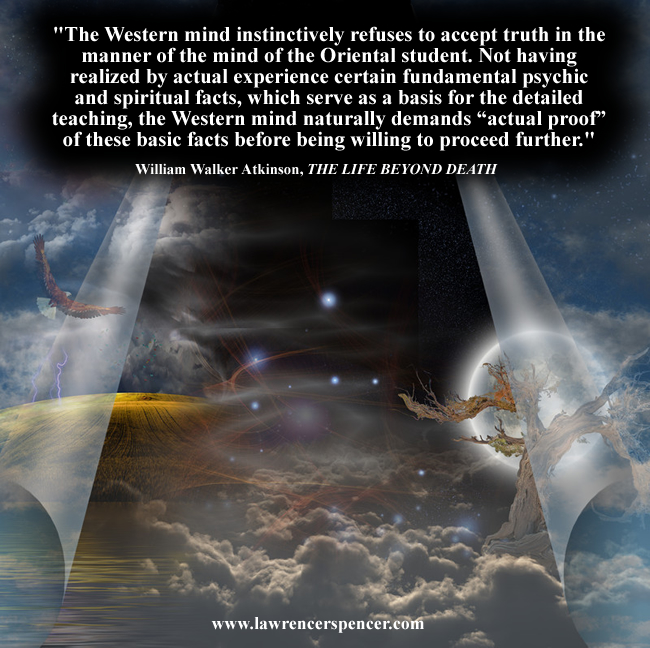Republished by Blog Post Promoter
 On planet Earth, it’s really not a good idea to “believe” or to accept ANYTHING on the surface. As safe bet is to DOUBT EVERYTHING.
On planet Earth, it’s really not a good idea to “believe” or to accept ANYTHING on the surface. As safe bet is to DOUBT EVERYTHING.
This is especially true when it to do with “royalty” or “leaders” of governments. I very excellent example of this illustrated by the discovery that Sir Francis Bacon was the “bastard” son of Queen Elizabeth I of England. (7 September 1533 – 24 March 1603) This is compounded by the discovery that Sir Francis Bacon actually wrote the plays attributed to Bill Shakespeare!
Sir Francis Bacon was a scientist, philosopher, courtier, diplomat, essayist, historian and successful politician, who served as Solicitor General (1607), Attorney General (1613) and Lord Chancellor (1618). Those who subscribe to the theory that Sir Francis Bacon wrote the Shakespeare work generally refer to themselves as “Baconians”, while dubbing those who maintain the orthodox view that William Shakespeare of Stratford wrote them “Stratfordians”.
The idea was first proposed by Delia Bacon in lectures and conversations with intellectuals in America and Britain. William Henry Smith was the first to publish the theory in a letter to Lord Ellesmere published in the form of a sixteen-page pamphlet entitled Was Lord Bacon the Author of Shakespeare’s Plays? Smith suggested that several letters to and from Francis Bacon hinted at his authorship. A year later, both Smith and Delia Bacon published books expounding the Baconian theory. In Delia Bacon’s work, “Shakespeare” was represented as a group of writers, including Francis Bacon, Sir Walter Raleigh and Edmund Spenser, whose agenda was to propagate an anti-monarchial system of philosophy by secreting it in the text.
Baconian theory developed a new twist in the writings of Orville Ward Owen and Elizabeth Wells Gallup. Owen’s book Sir Francis Bacon’s Cipher Story (1893–5) claimed to have discovered a secret history of the Elizabethan era hidden in cipher-form in Bacon/Shakespeare’s works. The most remarkable revelation was that Bacon was the son of Queen Elizabeth. According to Owen, Bacon revealed that Elizabeth was secretly married to Robert Dudley, Earl of Leicester, who fathered both Bacon himself and Robert Devereux, 2nd Earl of Essex, the latter ruthlessly executed by his own mother in 1601. Bacon was the true heir to the throne of England, but had been excluded from his rightful place. This tragic life-story was the secret hidden in the plays.
Baconian theory had received support from a number of high profile individuals. Mark Twain showed an inclination for it in his essay Is Shakespeare Dead? Friedrich Nietzsche expressed interest in and gave credence to the Baconian theory in his writings. The German mathematician Georg Cantor believed that Shakespeare was Bacon. He eventually published two pamphlets supporting the theory in 1896 and 1897. By 1900 leading Baconians were asserting that their cause would soon be won.
In 1916 a judge in Chicago ruled in a civil trial that Bacon was the true author of the Shakespeare canon!
_____________________________________
READ MORE ABOUT BACON vs. SHAKESPEARE HERE: http://en.wikipedia.org/wiki/Baconian_theory




